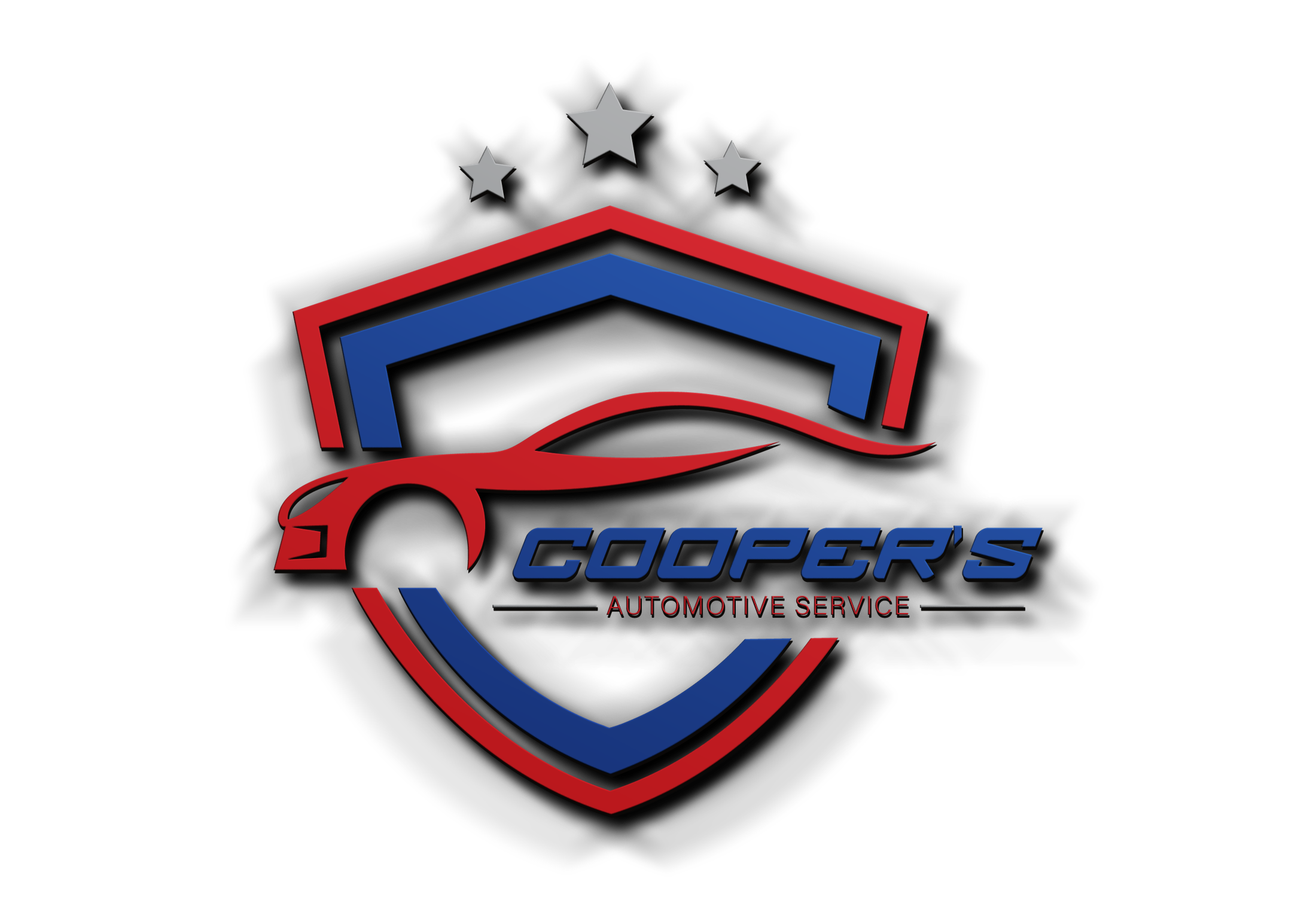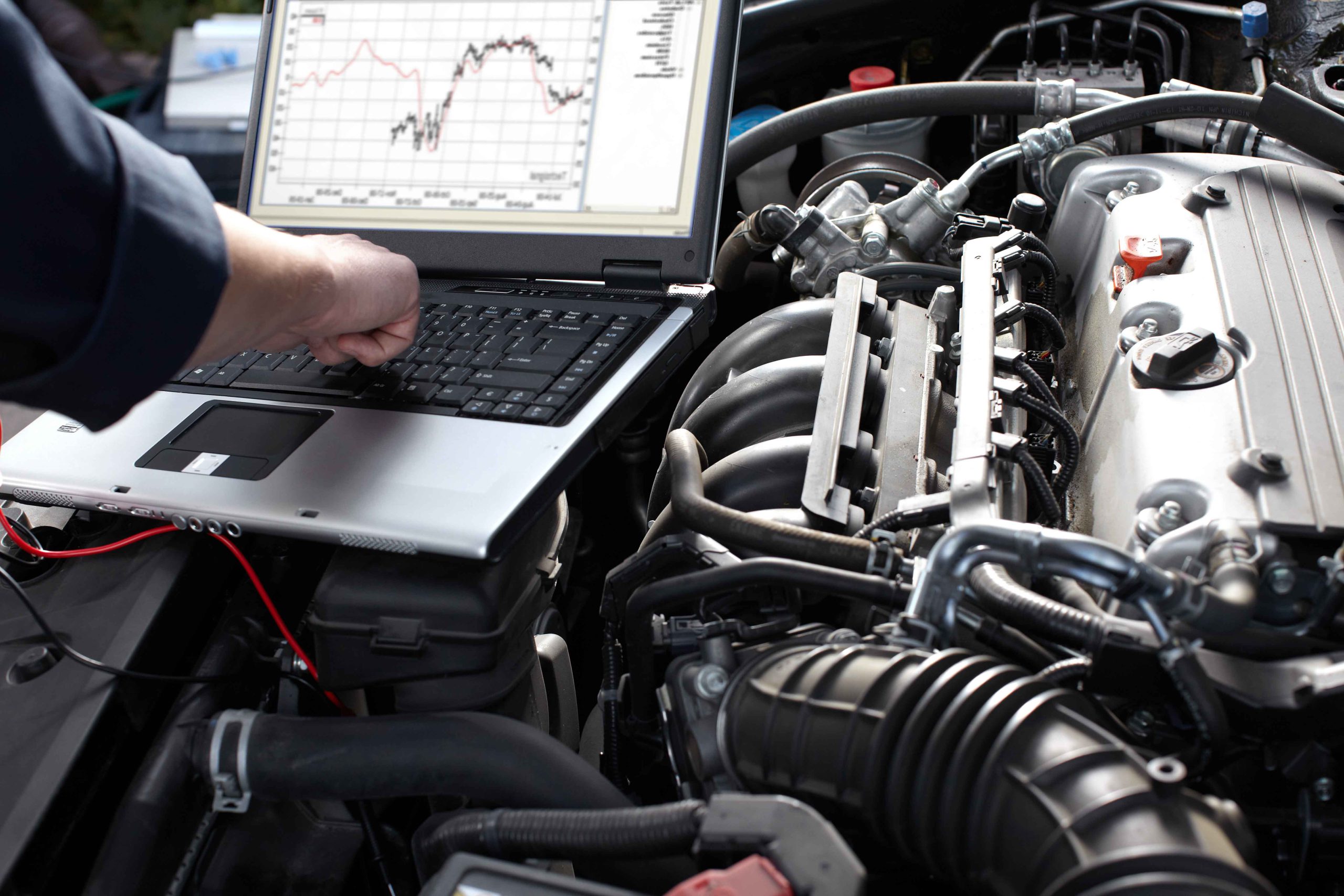Vehicle Inspection & Maintenance: Proactive Care for Peak Performance & Safety
Your vehicle is a complex machine with countless moving parts, all working in harmony to get you where you need to go. Regular inspection and maintenance are crucial for ensuring your car or truck performs reliably, efficiently, and most importantly, safely. At Coopers Auto Care, we offer comprehensive inspection and maintenance services designed to keep your vehicle in top condition, prevent costly breakdowns, and extend its lifespan.
Why Choose Coopers Auto Care for Your Vehicle Inspection & Maintenance?
-
Experienced Technicians: Our ASE-certified technicians have the expertise and knowledge to thoroughly inspect and service all makes and models of cars and trucks.
-
Comprehensive Inspections: Our inspections cover all major vehicle systems, including the engine, transmission, brakes, suspension, steering, electrical system, tires, lights, and fluids. We leave no stone unturned in assessing your vehicle’s health.
-
Preventative Maintenance: We believe in proactive care to prevent problems before they arise. Our maintenance services include oil changes, fluid flushes, filter replacements, tire rotations, brake inspections, and more.
-
State-of-the-Art Diagnostics: We utilize advanced diagnostic tools to accurately identify any underlying issues that might not be immediately apparent. This allows us to address problems early on and prevent them from escalating into costly repairs.
-
Transparent Communication: We keep you informed every step of the way, explaining our findings clearly and providing detailed estimates for any recommended repairs.
-
Quality Parts and Fluids: We use only high-quality OEM or equivalent parts and fluids to ensure optimal performance and longevity for your vehicle.
-
Customer Satisfaction Guarantee: We stand behind our work and offer a satisfaction guarantee on all our inspection and maintenance services.
What’s Included in Our Vehicle Inspection:
Our comprehensive vehicle inspection includes a thorough assessment of:
- Engine: Checking for leaks, unusual noises, and overall performance.
- Transmission: Evaluating shifting smoothness, fluid levels, and leaks.
- Brakes: Inspecting brake pads, rotors, calipers, lines, and fluid levels.
- Suspension: Checking for worn-out shocks, struts, bushings, and other components.
- Steering: Assessing alignment, power steering fluid levels, and overall responsiveness.
- Electrical System: Testing the battery, alternator, starter, lights, and other electrical components.
- Tires: Checking tread depth, pressure, and overall condition.
- Fluids: Inspecting levels and condition of engine oil, coolant, transmission fluid, brake fluid, power steering fluid, and windshield washer fluid.
Maintenance Services We Offer:
- Oil Changes: We offer a variety of oil change options, including conventional, synthetic, and high-mileage oil.
- Fluid Flushes: We flush and replace various fluids, such as transmission fluid, brake fluid, coolant, and power steering fluid.
- Filter Replacements: We replace air filters, cabin air filters, fuel filters, and transmission filters.
- Tire Rotation and Balancing: We rotate and balance your tires to ensure even wear and a smooth ride.
- Brake Inspection and Service: We inspect and service your brakes, including pad replacement, rotor resurfacing or replacement, and brake fluid flushing.
- Additional Services: We also offer battery replacement, headlight restoration, wiper blade replacement, and other maintenance services.
Understanding Engine Compression: Why it Matters for Your Car
If you’ve ever heard the term “engine compression” but weren’t quite sure what it meant, you’re not alone. Engine compression is a critical factor in your car’s performance and health, and understanding its significance can help you detect potential problems early on and keep your engine running smoothly.
What is Engine Compression?
In simple terms, engine compression is the process of squeezing the air-fuel mixture inside the engine’s cylinders before it’s ignited by the spark plugs (in gasoline engines) or by the heat of compression (in diesel engines). The higher the compression, the more power the engine can generate from the same amount of fuel.
Why Does Engine Compression Matter?
- Power and Efficiency: Higher compression ratios generally lead to more power and better fuel efficiency. This is why diesel engines, which have higher compression ratios than gasoline engines, are known for their torque and fuel economy.
- Engine Health: Consistent compression across all cylinders is essential for smooth engine operation. Low compression in one or more cylinders can indicate problems with valves, piston rings, or head gaskets, which can lead to poor performance, misfires, and even engine damage.
Signs of Low Engine Compression
- Difficult Starting: If your engine cranks slowly or takes longer than usual to start, it could be a sign of low compression.
- Rough Idling or Misfires: Low compression can cause the engine to run rough or misfire, resulting in poor performance and reduced fuel efficiency.
- Loss of Power: A significant drop in power or acceleration could indicate low compression in one or more cylinders.
- Increased Oil Consumption: Worn piston rings or cylinder walls can allow oil to leak into the combustion chamber, leading to increased oil consumption and blue smoke from the exhaust.
- Excessive Blow-by: Blow-by is the leakage of combustion gases past the piston rings into the crankcase. Excessive blow-by can be a sign of worn-out rings or cylinder walls.
Causes of Low Engine Compression
- Worn Piston Rings: Piston rings seal the combustion chamber, preventing the air-fuel mixture and combustion gases from leaking. Worn rings can lead to compression loss.
- Worn Cylinder Walls: Over time, the cylinder walls can become worn or scratched, reducing compression.
- Leaky or Burnt Valves: Valves control the flow of air and fuel into and out of the combustion chamber. Leaky or burnt valves can allow compression to escape.
- Blown Head Gasket: The head gasket seals the gap between the engine block and cylinder head. A blown head gasket can allow coolant or oil to leak into the combustion chamber, reducing compression.
Testing and Diagnosing Engine Compression
If you suspect your engine has low compression, a qualified mechanic can perform an engine compression test. This test measures the pressure inside each cylinder, revealing any inconsistencies or problems. Based on the results of the test, the mechanic can diagnose the cause of the low compression and recommend appropriate repairs.
Coopers Auto Care: Your Engine Compression Experts
At Coopers Auto Care, our skilled technicians can perform engine compression tests and diagnose any underlying issues. We have the expertise and equipment to accurately assess your engine’s health and recommend the necessary repairs to restore its compression and performance.
Don’t Ignore the Signs:
Low engine compression can lead to serious engine problems and costly repairs if left untreated. If you notice any of the warning signs mentioned above, don’t hesitate to schedule an engine compression test with Coopers Auto Care. We’ll help you keep your engine running strong and efficiently for years to come.
Schedule Your Vehicle Inspection Today!
Don’t wait for a breakdown or costly repair. Schedule a vehicle inspection with Coopers Auto Care today and give your car or truck the care it deserves. We’ll help you keep your vehicle running smoothly, safely, and efficiently for years to come.

